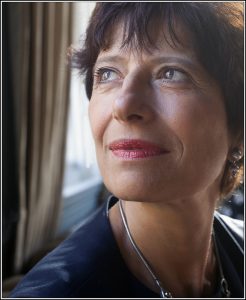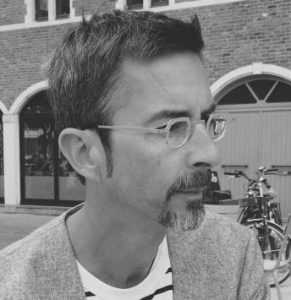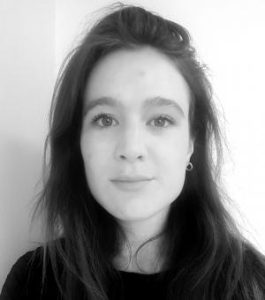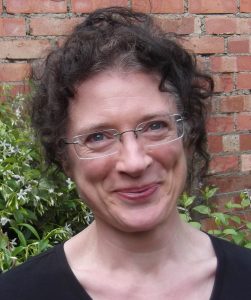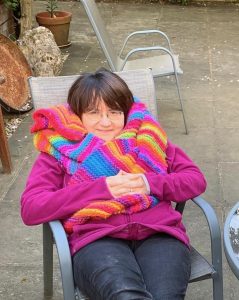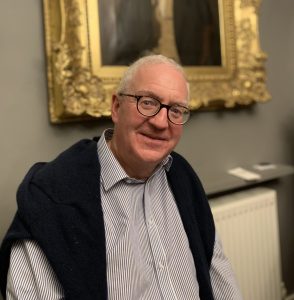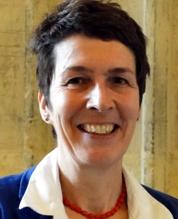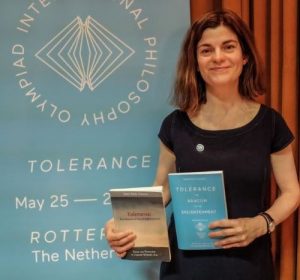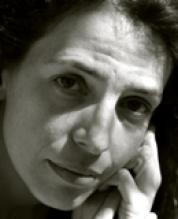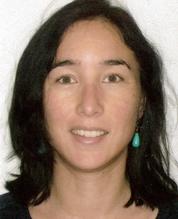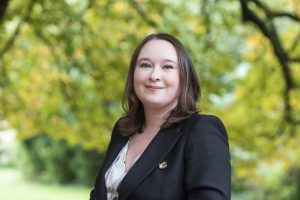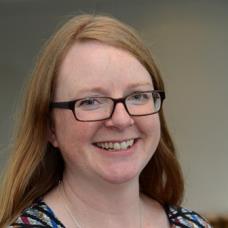About the Course
English and Modern Languages is a course designed to give students the opportunity to investigate and reflect on the literary and linguistic relations between Great Britain and the continent.
Professor Katrin Kohl is the overall co-ordinator for English and Modern Languages. In this role she discusses subject choices with each undergraduate in order to ensure that the two sides of the course complement each other in accordance with the student’s interests.
Both the English and the Modern Languages Faculties at Oxford are among the largest in the country, and include major scholars in all areas of the respective subjects. Students thus have the opportunity to receive teaching from a range of expert tutors.
Library provision at Oxford is excellent: all students have access to the English Faculty Library, the Taylor Institution Library (for modern languages), the Bodleian Library, and their own college libraries. Both faculties have well-equipped computer rooms and all colleges have computing facilities.
Teaching takes the form of tutorials and classes, which will usually be organized and taken by the Fellows and Lecturers of the College (although those pursuing some of the more specialized options may receive tutorials from an outside tutor). Attendance at, and production of work for, tutorials and classes is compulsory, and must be given priority over all other activities. The University organizes courses of lectures which cover the syllabus, but which are not compulsory. Tutors will, however, be happy to advise undergraduates concerning which lectures are likely to prove most beneficial.
Two main courses are available for the English section of the syllabus; Course I (which most candidates will take) offers the usual range of literary options, while Course II allows more specialization in early periods of languages and literature.
The Preliminary Examination is taken after three terms. On the Modern Languages side, candidates are required to offer two language examinations (‘papers’), and two literature papers on prescribed books. On the English side, two papers must be offered. The first of these is An Introduction to Language and Literature. For the second paper, candidates may choose Victorian Literature, Modern Literature or Early Medieval Literature. All papers are taught through a mix of tutorials, small classes, and faculty lectures.
The third year of the course is spent abroad, with most students taking a posting as an ‘assistant’ in a foreign school. On your return, you may choose from options including special author papers and special topic papers in both English and your modern language.
The Final Examination, taken at the end of four years, allows great flexibility on both sides of the course. On the Modern Languages side there are compulsory papers in translation from and into the language, as well as an oral examination. Two further Modern Languages papers must be offered, again chosen from a wide range of literary and linguistic options. Candidates also select three subject papers from the English side; one of these may be an interdisciplinary paper.
All candidates also complete a dissertation, which can be on an interdisciplinary topic.
Cultural and Intellectual Life
Students at Jesus find themselves welcomed into a serious, lively, and good-humoured academic community with every opportunity to discuss their thoughts in tutorials, seminars, and College events. All English and Modern Languages students are, by default, members of the Herbert English Society, which provides a forum for exchange of ideas and discussion of literature, criticism, and the arts. The Society invites poets, playwrights, novelists, academics, journalists, and cultural historians. Our recent speakers have included Booker Prize-winning author Ben Okri, Marina Warner, Philip Pullman, Bernard O’Donoghue, Craig Raine, Hermione Lee, Sally Shuttleworth, William St Clair, Blair Worden, and the acclaimed poet Geoffrey Hill.

